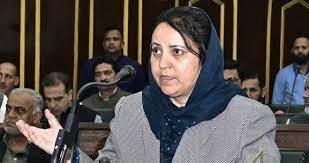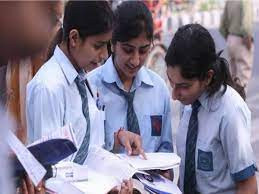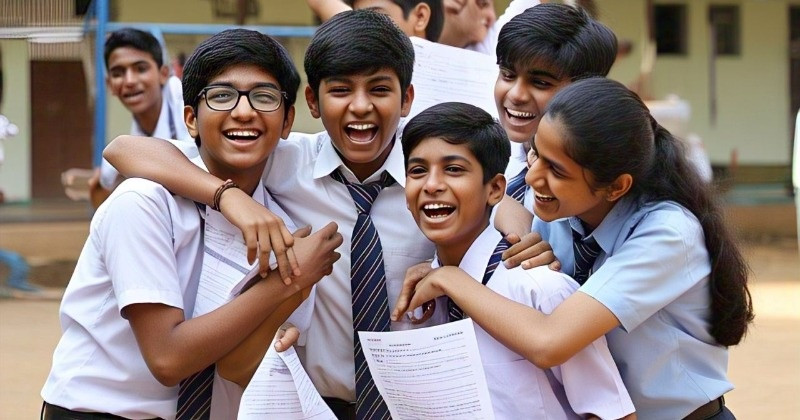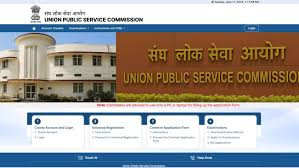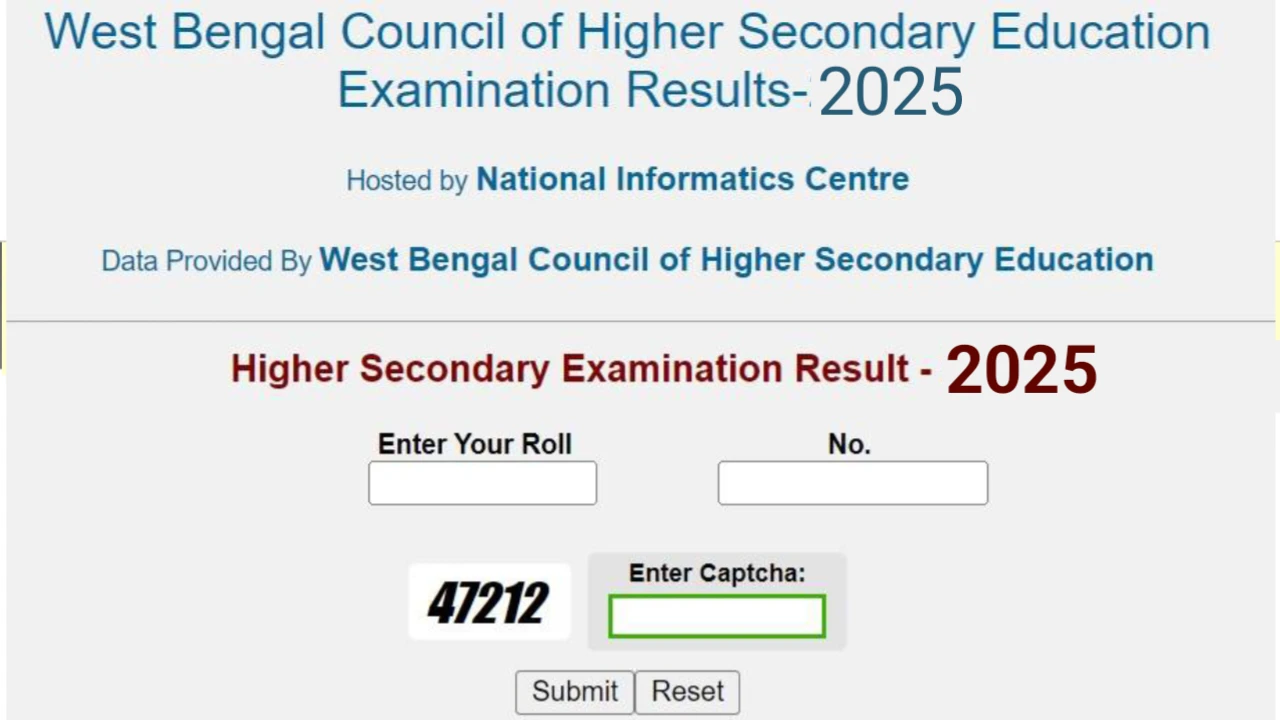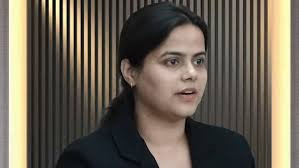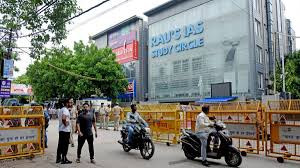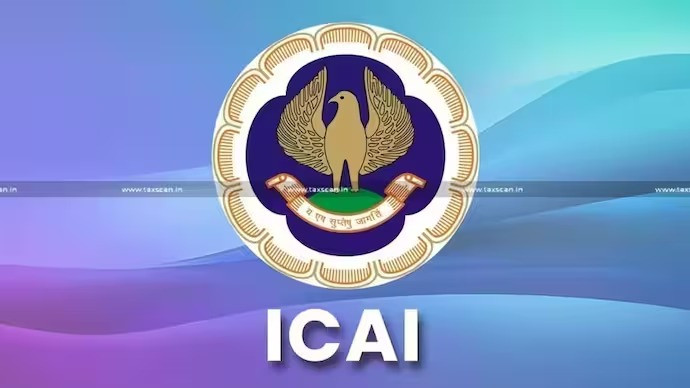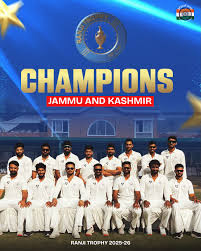UPSC Prelims 2025: Experts Reveal Why This Year’s CSAT Paper Ranked Among the Toughest in Recent Times
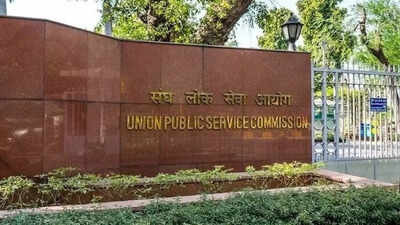
IIE DIGITAL DESK : The UPSC Civil Services Preliminary Examination 2025 has once again set a challenging benchmark, with aspirants and experts alike labeling the Civil Services Aptitude Test (CSAT) paper as one of the toughest in recent years. The exam, held across various centers nationwide, tested candidates not only on their knowledge but also on analytical thinking, time management, and problem-solving abilities. The increased difficulty level of this year’s CSAT paper has become a significant talking point among coaching institutes, candidates, and education analysts.
Experts analyzing the question paper have pointed out that the UPSC deliberately raised the bar to filter out candidates effectively, reflecting the increasing competition and the need for a more nuanced skill set among future civil servants. Unlike previous years, the 2025 CSAT paper featured a heavier emphasis on logical reasoning, comprehension, and quantitative aptitude, demanding sharper mental agility from candidates.
Dr. Anil Verma, a prominent UPSC coaching expert, stated, “This year’s CSAT paper was designed to test not just rote learning but a candidate’s ability to think critically under pressure. The quantitative aptitude section, in particular, had complex data interpretation questions and multi-step calculations that required a deep understanding of concepts rather than just formula memorization.”
One of the key reasons cited for the paper’s difficulty was the introduction of unfamiliar question types and increased complexity in the reading comprehension passages. Candidates reported that the passages were lengthy and covered abstract topics, which required not only comprehension but also inferential and analytical skills to answer the questions correctly.
Another factor that added to the challenge was the stringent time constraints. Aspirants found it difficult to balance speed with accuracy, as some questions were time-consuming and needed multiple steps to solve. This combination tested not only the knowledge but also the exam temperament and endurance of the candidates.
The logical reasoning section incorporated puzzles and seating arrangement questions with higher complexity, making it harder for candidates to find shortcuts or apply conventional methods. This deviation from standard question patterns pushed candidates to think creatively and avoid guesswork.
Candidates who appeared for the exam expressed mixed reactions. While many appreciated the tougher standard as it raised the level of the exam and better prepared them for future challenges, others found it stressful and felt that it required more time than allotted. “The difficulty of the CSAT this year was a reality check. It was not just about knowing concepts but about how efficiently one could apply them,” said Riya Sharma, a candidate from Delhi.
The Union Public Service Commission (UPSC) has remained tight-lipped about the deliberate increase in difficulty but reiterated its commitment to maintaining the integrity and high standards of the examination. The UPSC chairperson remarked, “Our goal is to select the best candidates who demonstrate intellectual rigor, analytical capability, and problem-solving skills essential for civil services. The prelims, including the CSAT, are designed accordingly.”
Coaching centers across India are already strategizing to help future aspirants cope with the evolving pattern. Emphasis is shifting towards conceptual clarity, advanced practice, and time management techniques rather than last-minute cramming. Experts advise candidates to strengthen their fundamentals in mathematics and logical reasoning and to practice diverse question types regularly.
The cut-off trends for the prelims are expected to reflect the increased difficulty, with experts predicting a marginal drop in qualifying marks for the CSAT paper, although the General Studies paper will also play a crucial role in overall scores.
The UPSC Prelims 2025 CSAT paper’s elevated difficulty level signals a new era of competitive examinations where analytical ability, critical thinking, and mental endurance are paramount. Aspirants aiming for future attempts must adapt their preparation strategies accordingly, focusing on understanding over memorization and efficiency over guesswork.
You might also like!



